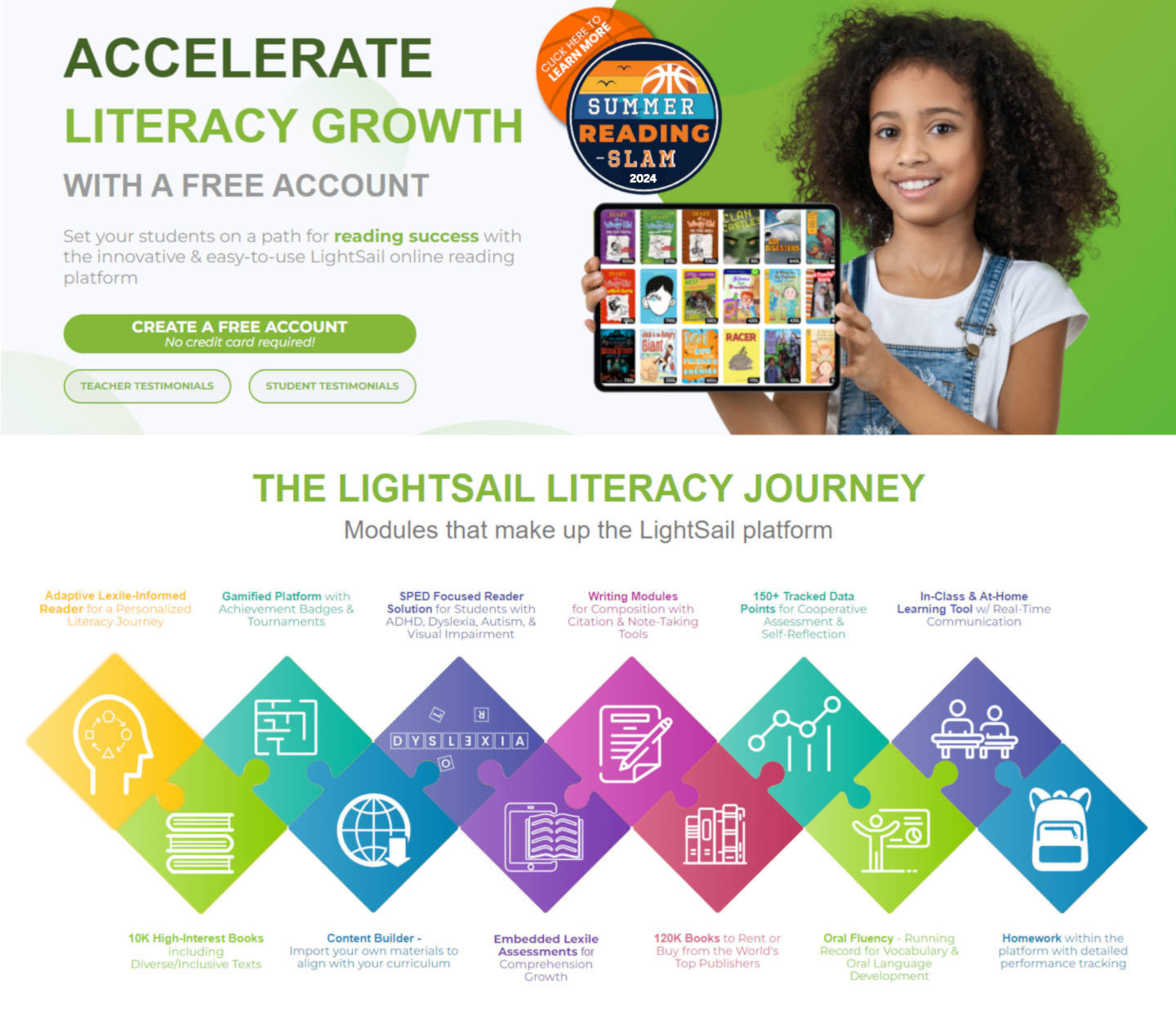
Globalization and Its Enemies |
|
|---|---|
| Authors: | Cohen, Daniel |
| Publisher: | MIT Press |
| BISAC/Subject: | POL033000, BUS022000 |
| ISBN: | 9780262266635, Related ISBNs: 026203350X, 0262266636, 0262532972, 9780262033503, 9780262266635 |
| Classification: | Non-Fiction |
| Number of pages: | 208, |
| Audience: | General/trade |
The enemies of globalization—whether they denounce the exploitation of poor countries by rich ones or the imposition of Western values on traditional cultures—see the new world economy as forcing a system on people who do not want it. But the truth of the matter, writes Daniel Cohen in this provocative account, may be the reverse. Globalization, thanks to the speed of twenty-first-century communications, shows people a world of material prosperity that they do want—a vivid world of promises that have yet to be fulfilled. For the most impoverished developing nations, globalization remains only an elusive image, a fleeting mirage. Never before, Cohen says, have the means of communication—the media—created such a global consciousness, and never have economic forces lagged so far behind expectations. Today's globalization, Cohen argues, is the third act in a history that began with the Spanish Conquistadors in the sixteenth century and continued with Great Britain's nineteenth-century empire of free trade. In the nineteenth century, as in the twenty-first, a revolution in transportation and communication did not promote widespread wealth but favored polarization. India, a part of the British empire, was just as poor in 1913 as it was in 1820. Will today's information economy do better in disseminating wealth than the telegraph did two centuries ago? Presumably yes, if one gauges the outcome from China's perspective; surely not, if Africa's experience is a guide. At any rate, poor countries require much effort and investment to become players in the global game. The view that technologies and world trade bring wealth by themselves is no more true today than it was two centuries ago. We should not, Cohen writes, consider globalization as an accomplished fact. It is because of what has yet to happen—the unfulfilled promises of prosperity—that globalization has so many enemies in the contemporary world. For the poorest countries of the world, the problem is not so much that they are exploited by globalization as that they are forgotten and excluded.
LightSail includes up to 6,000 high interest, LexileⓇ aligned book titles with every student subscription. Other titles are available for individual purchase.
SUPPORT GROWING READERS



LightSail Education is a comprehensive LexileⓇ and standards-aligned, literacy platform and digital e-book library. Including multimodal learning functionality and featuring books from leading publishers, LightSail holistically assesses and nurtures each student on their reading and writing-to-learn journey, throughout elementary, middle, and high school.
*LightSail offers a 2,000 or a 6,000 title bundle with its student subscriptions. Other titles are available for individual purchase.



